Can Stormont take on the universal credit top-up?
- Published

Universal credit is a benefit for working-age people, which replaced six benefits and merged them into one payment
Executive ministers face a decision of whether Stormont should match funding to ensure the uplift in universal credit continues in Northern Ireland.
The UK government had said the £20 weekly payment, which ended last week, was always temporary.
Northern Ireland's political parties had urged Westminster to reverse the cut but there is also a call for Stormont to continue the payments.
BBC News NI explains the reasons behind the move and why it's not simple for Stormont to step in.
First, what is the universal credit uplift?
Universal credit, which is claimed by more than 5.5m households in the UK, was introduced to replace six benefits and merge them into one benefit payment for working-age people.
When the pandemic began, the government introduced a £20 weekly top-up to support those receiving the payment.
There are about 134,000 claimants in Northern Ireland - just over a quarter of them are in work.
The government had already extended the uplift in March but chose to end it on Wednesday, despite requests from politicians in Northern Ireland, Scotland and Wales for it to continue through autumn.
So what can Stormont do about it?
It could offer to meet the additional costs of continuing the uplift itself.
But Stormont officials estimate this would lead to long-term costs of between £108m and £200m every year.
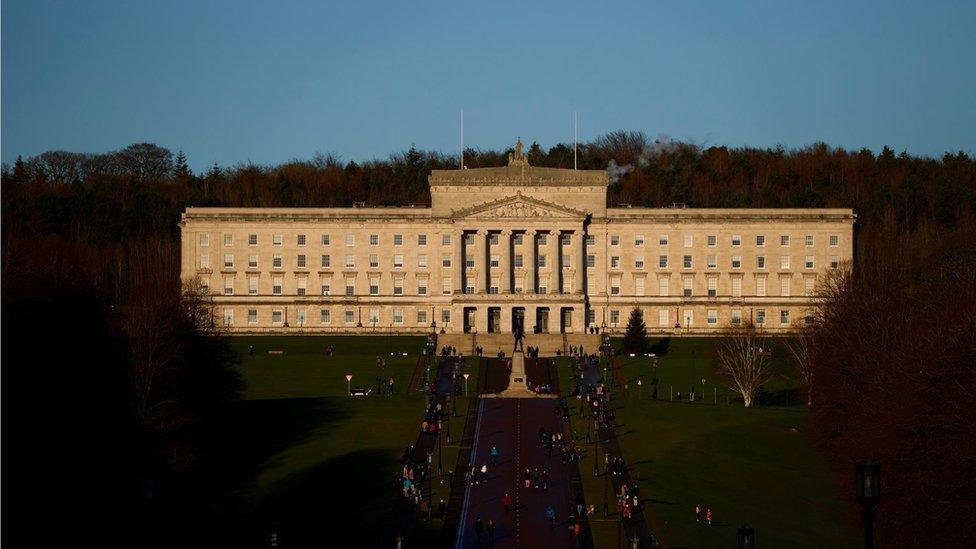
There is a monitoring round coming up at Stormont, where unspent money is reallocated
The Department for Communities said the £200m included migrating existing claimants from the "legacy" benefits system to universal credit.
It would prove a significant ongoing financial commitment for the Stormont executive to take on, and have a knock-on effect on the budgets of other departments.
What has Sinn Féin proposed?
The party's Communities Minister Deirdre Hargey, who oversees Northern Ireland's benefits system, has bid for initial funding of £55m to continue the uplift in the short term.
That funding would only extend the payments until the end of the 2021/22 financial year in March.
She made the request to Stormont's Department of Finance ahead of the October monitoring round, an exercise where unspent money is reallocated back across other departments.
Monitoring rounds require approval from the Stormont executive and the request comes at a time when many departments are already financially stretched.
Stormont did receive about £180m from the Treasury in Westminster which has yet to be distributed.
However there was a strong expectation that most of that money would deal with health pressures.
Other departments have also bid for extra funding in the October monitoring round, so ministers will have big decisions to make about what to prioritise.
How will that affect whether ministers agree to continue the uplift?
Taking the decision would come with a range of consequences.
Just weeks ago, Sinn Féin's Finance Minister Conor Murphy said the executive had always "collectively agreed" to make health its priority, even at the expense of other services, as he prepared a three-year budget.
Already there is a long list of health issues needing tackled - including waiting lists, mental health, support for cancer patients as well as the ongoing matter of pay deals for health staff.
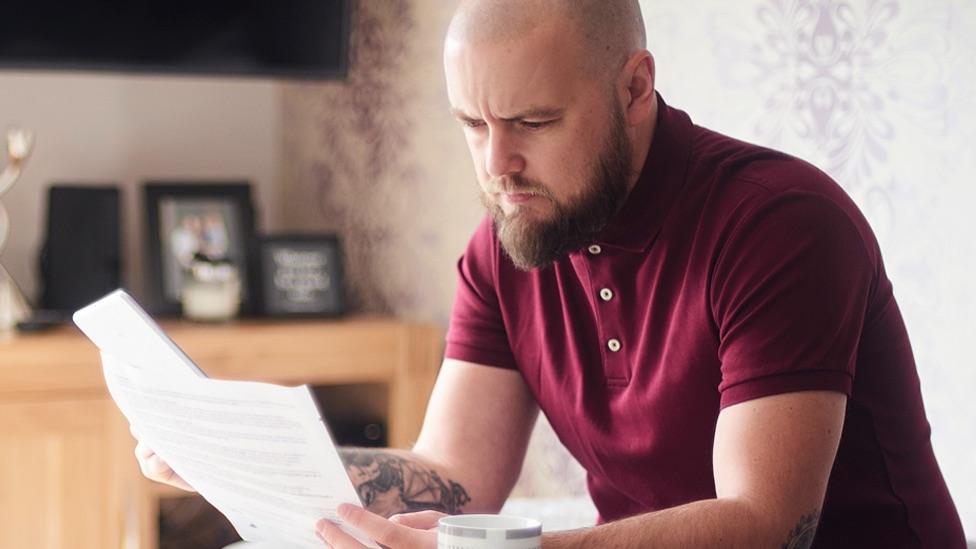
The withdrawal of the universal credit uplift coincides with increases in the cost of living
Education, infrastructure and the economy - areas all impacted by the pandemic - also have growing to-do lists.
Beyond a recalibration of funds for policy priorities, if Stormont agreed to take on this additional duty it would entail a hefty amount of bureaucracy.
Stormont officials say new legislation would be needed, as Northern Ireland would be breaking parity from the rest of the UK.
The Department for Communities would also need to put extra structures in place to ensure it could manage the roll-out.
These extra factors would play a part in the outcome as to whether Stormont should extend the uplift.
All parties want to see the uplift continue?
Publicly, they have called on Westminster to continue the payment beyond autumn.
And they will be conscious that expectations may now have been raised that Stormont will step in, following news of the bid for funding.
But privately, there is a recognition that there are political and practical limitations to the action the executive can take.
On Thursday, First Minister Paul Givan poured cold water over the suggestion the funding could be made up from Stormont, and said politicians needed to be "honest" about the situation.
He said the Department of Health had placed a bid in the monitoring round for more than £200m.
"Money hasn't been surrendered from any department so where is the money coming from?"
Deputy First Minister Michelle O'Neill said the executive was "united" in calling on Westminster to reverse the end of the uplift, but acknowledged the difficulties if Stormont was to take it on.
Finance Minister Conor Murphy has previously called for Stormont to have "more fiscal levers" for other means of raising revenue locally.
Related topics
- Published8 July 2021
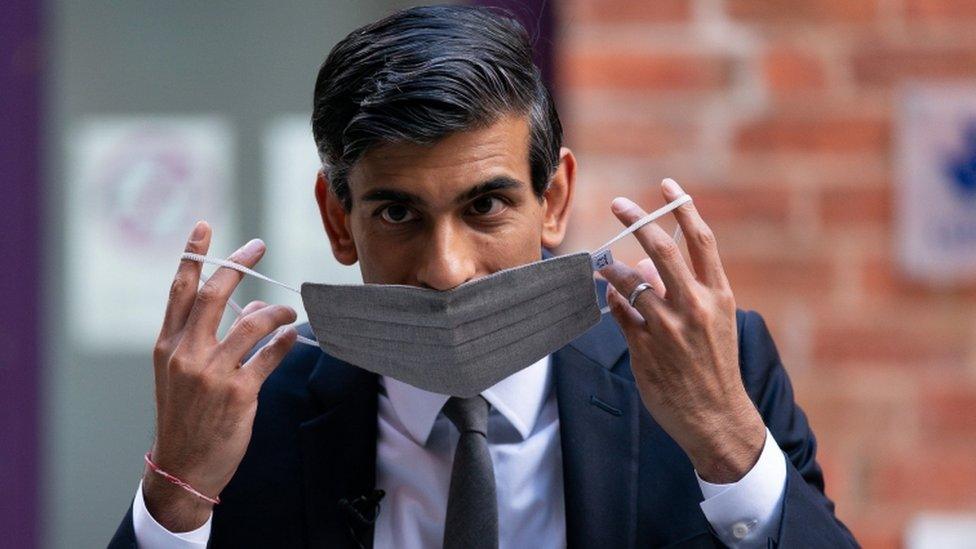
- Published3 October 2021
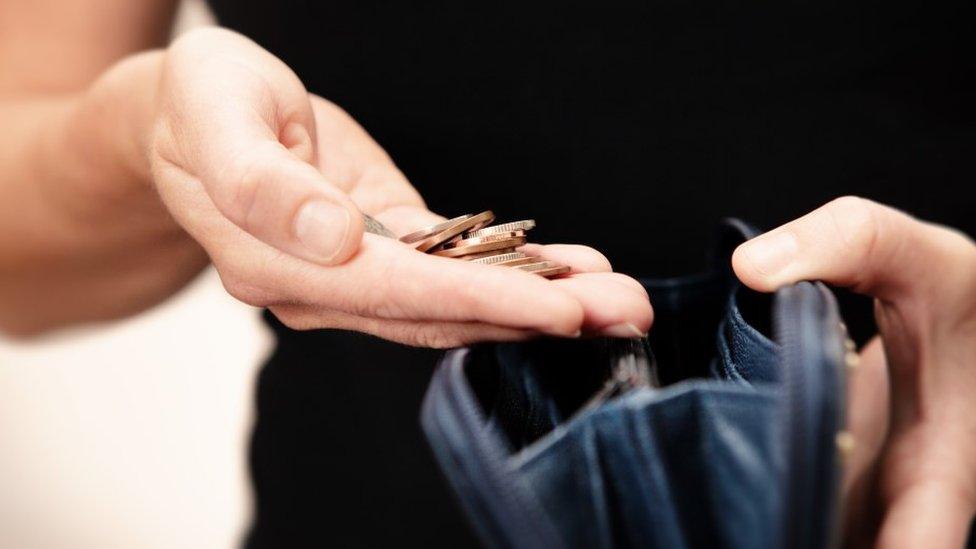
- Published6 October 2021
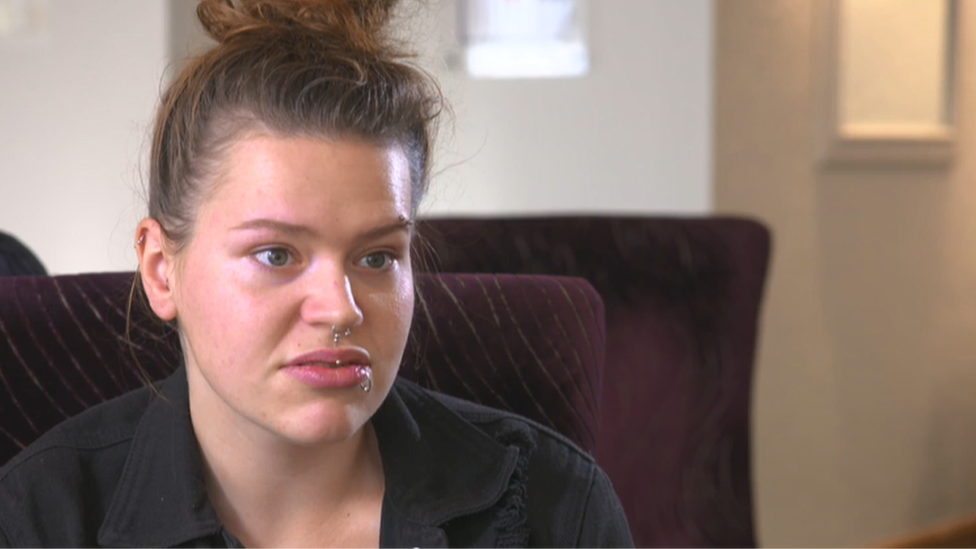
- Published13 May 2024
